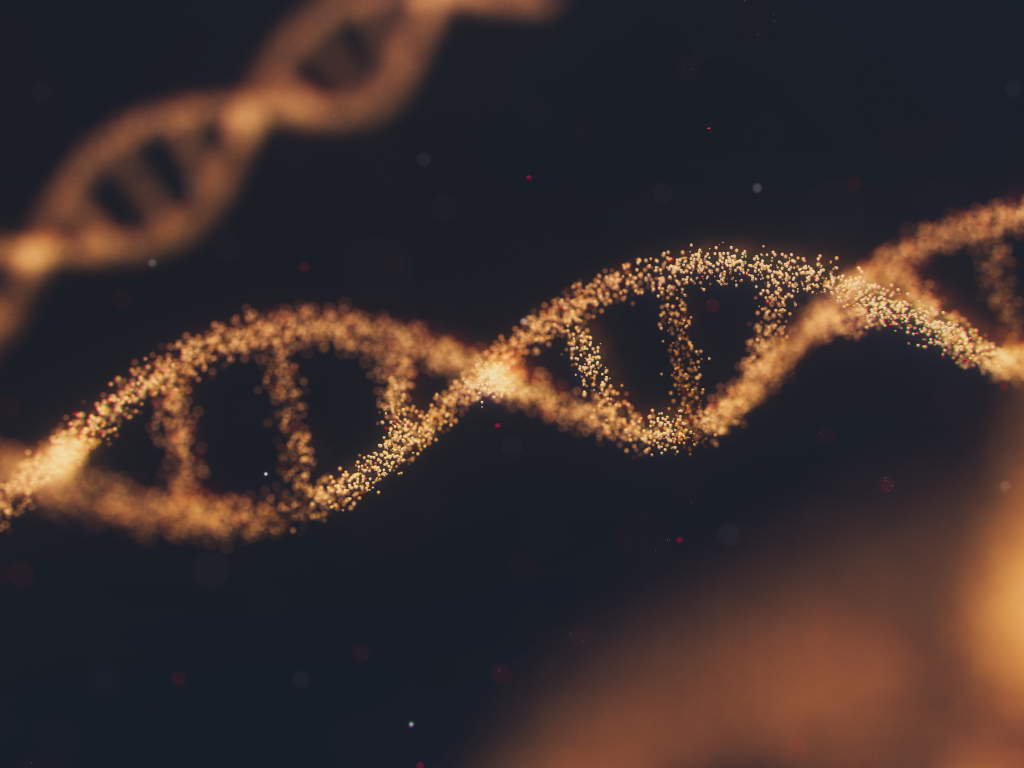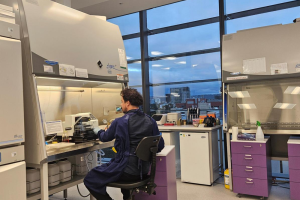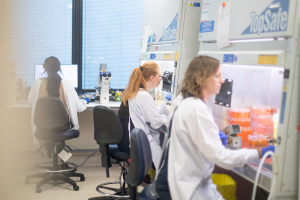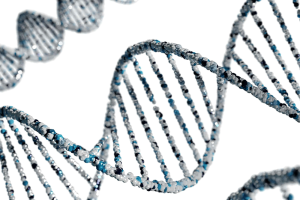Crucial scientific evidence presented by a group of international scientists, and supported by Phenomics Australia, has led to the release of Kathleen Folbigg after two decades in prison.
A genetic study conducted by Professor Carola Vinuesa while at the Australian National University identified that Folbigg’s children possessed a rare gene mutation (CALM2-G114R) in the calmodulin 2 gene, resulting in a previously unknown genetic disease putting them at risk of fatal cardiac arrhythmias.
The findings, published in 2021, were a major factor in the case being reconsidered and the final pardon being handed down. The results also demonstrate the critically important role of genetics and phenomics, especially next-generation genome sequencing and functional analysis, in helping us better understand the causes of rare diseases.








